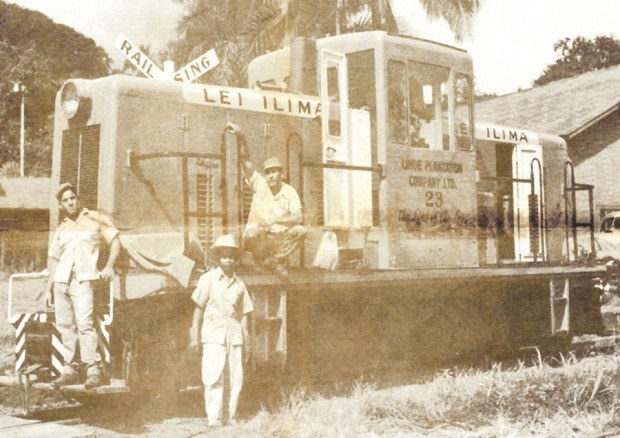In 1951, Kaua‘i’s Lihu‘e Plantation replaced its radioless train dispatching system with a new radio-controlled system. The new system more efficiently ensured that trains traveling toward each other on the same track at the same time would not meet, causing
In 1951, Kaua‘i’s Lihu‘e Plantation replaced its radioless train dispatching system with a new radio-controlled system.
The new system more efficiently ensured that trains traveling toward each other on the same track at the same time would not meet, causing an impasse or crash.
To prevent such a mishap under the plantation’s old radioless system, locomotive engineers were required to stop their trains at every siding along the track, get off the train and telephone their location to the dispatcher at the Lihu‘e Mill marshaling yard.
Engineers would then be told over the phone by the dispatcher — the employee who controlled the movement of plantation trains — either to remain at the siding for an oncoming train to pass, or proceed ahead.
The new radio-controlled system worked differently.
Since radios were installed aboard each locomotive, engineers were able to radio the dispatcher their positions while on the move at half-mile markers placed along the track.
The engineers would then only stop their trains at an upcoming siding if advised by the dispatcher to do so. Thus, stopping and starting a train, which took several minutes, would be done only when needed.
Radios were also installed in trailers beside harvesting fields, which harvesting supervisors would use to communicate with the dispatcher.
Harvesting supervisors would advise the dispatcher by radio when the loading of a string of railroad cars with sugarcane was completed. Then, the dispatcher would direct a locomotive engineer to proceed to the harvesting field for hookup.
The advantage of this procedure was that the locomotive engineer would not — as was the case under the old radioless system — need to wait incommunicado by a harvesting field until a string of railroad cars was loaded, but would be free instead for other duties in the meantime, such as picking up empty cane cars at the Lihu‘e Mill or Kealia marshaling yards.



